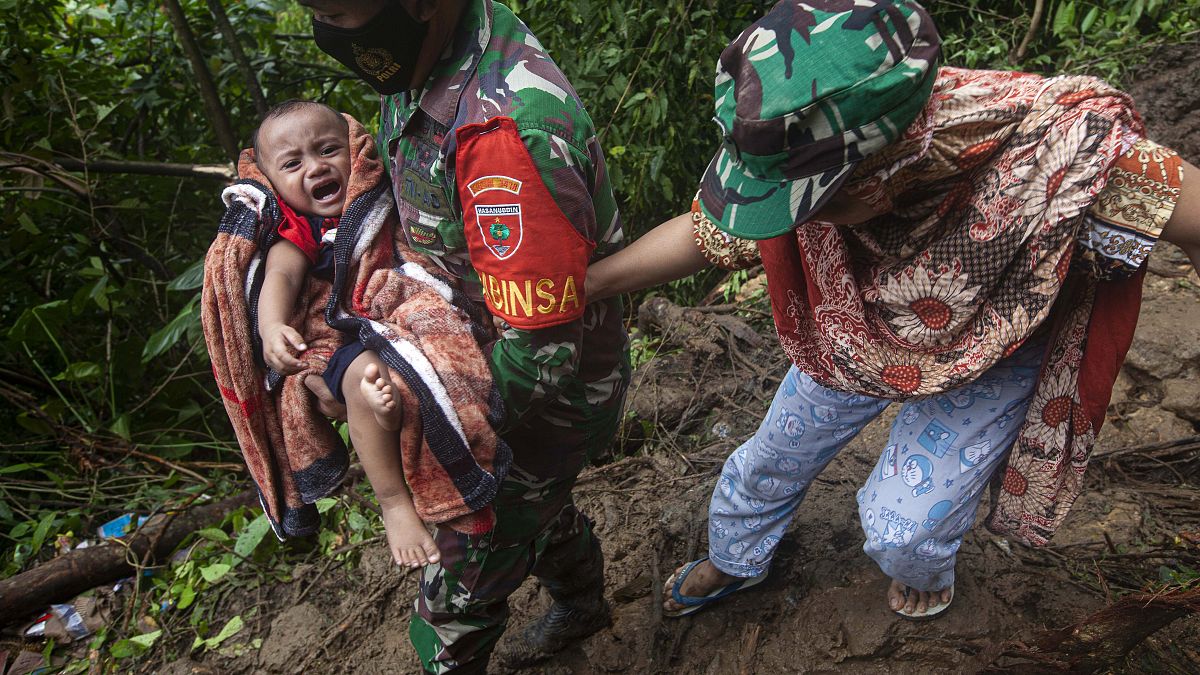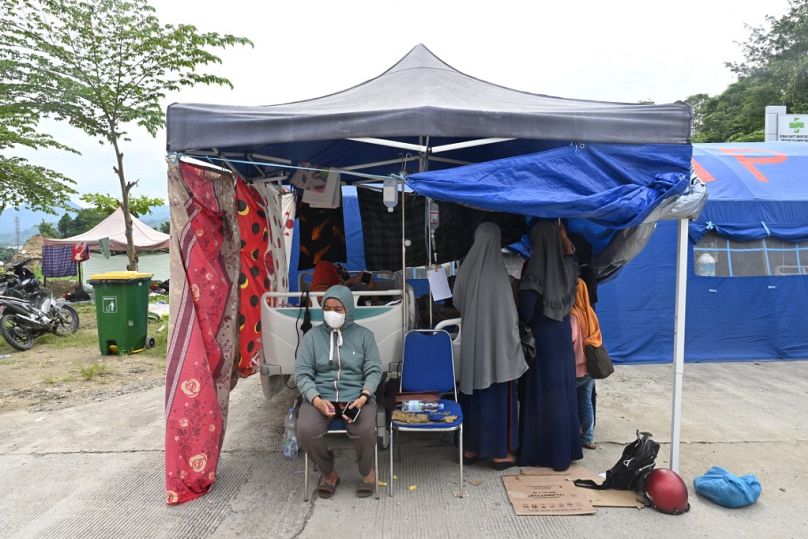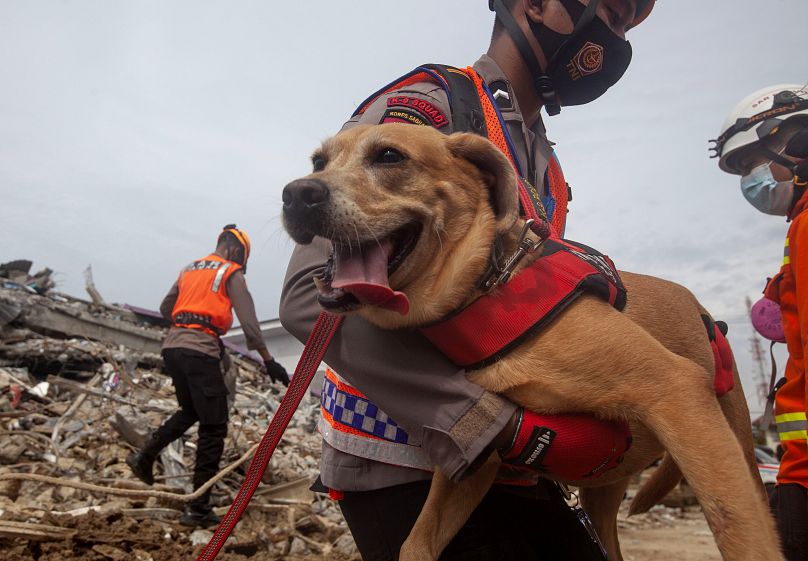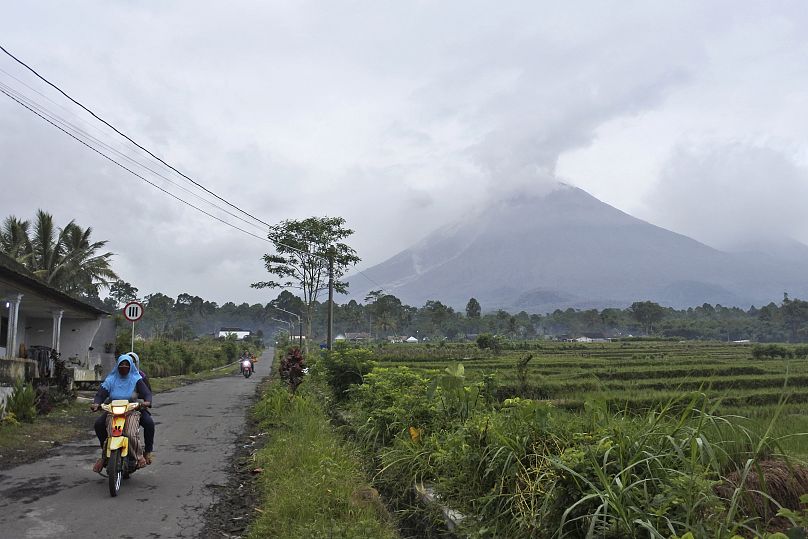At least 56 people have died in the 6.2 magnitude earthquake which hit Sulawesi island on Friday night
Indonesian rescuers have retrieved more bodies from the rubble of homes and buildings toppled by a 6.2 magnitude earthquake which hit Sulawesi island on Friday night, raising the death toll to 73.
Military engineers managed to reopen roads blocked by landslides to clear access for relief goods and power supplies and phone communications have also begun to improve.
More heavy equipment has also reached the hardest-hit city of Mamuju, the provincial capital of nearly 300,000 people, and the neighbouring district of Majene.
The governor's office building and a shopping mall were almost flattened by the quake. Two hospitals were also damaged.
A total of 64 people died in Mamuju and nine in Majene and over 800 were injured, with more than half still receiving treatment for serious injuries.
At least 1150 houses in Majene were damaged and about 27,850 people were moved to makeshift shelters -- many little more than tarpaulin-covered tents filled with whole families, that were lashed by heavy monsoon downpours.
Survivors there said they were running low on food, blankets and other aid, as emergency supplies were rushed to the hard-hit region.
Many are unable to return to their destroyed homes or were too scared to go back fearing a tsunami sparked by aftershocks, which are common after strong earthquakes.
"It's better to take shelter before something worse happens," said Mamuju resident Abdul Wahab, who took refuge in a tent with his wife and four kids, including a baby.
"We hope the government can deliver aid soon like food, medicine and milk for the children," he added.
Worried about an outbreak of COVID-19 in the crowded camps, authorities said they are trying to separate high- and lower-risk groups.
The quake's epicentre was 36 kilometres (22 miles) south of Mamuju and it had a relatively shallow depth of 18 kilometres.
In neighbouring Kalimantan, Indonesia's section of Borneo island, at least five people died in heavy flooding while dozens more were missing.
Floods have also killed at least five people in Manado, hundreds of kilometres north of the quake disaster in Sulawesi.
Landslides in West Java killed at least 28 this week as the rainy season heaps misery on parts of the sprawling nation.
At the eastern end of Java island, Mount Semeru erupted late on Saturday, shooting ash and debris some 4.5 kilometres into the sky. There were no immediate reports of casualties.
Disaster-prone Indonesia, a Southeast Asian archipelago of nearly 270 million, experiences frequent seismic and volcanic activity due to its position on the Pacific "Ring of Fire", where tectonic plates collide.
Residents of Sulawesi island are still haunted by a magnitude 7.5 earthquake that devastated Palu city in 2018 and set off a tsunami that caused soil to collapse in a phenomenon called liquefaction.
More than 4,000 people were killed, including many who were buried when whole neighbourhoods were swallowed in the falling ground.
Indonesia, home to more than 260 million people, is frequently hit by earthquakes, volcanic eruptions and tsunamis because of its location on the ``Ring of Fire,'' an arc of volcanoes and fault lines in the Pacific Basin.
A massive magnitude 9.1 earthquake off Sumatra island in western Indonesia in December 2004 triggered a tsunami that killed 230,000 people in a dozen countries, including around 170,000 in Indonesia.



